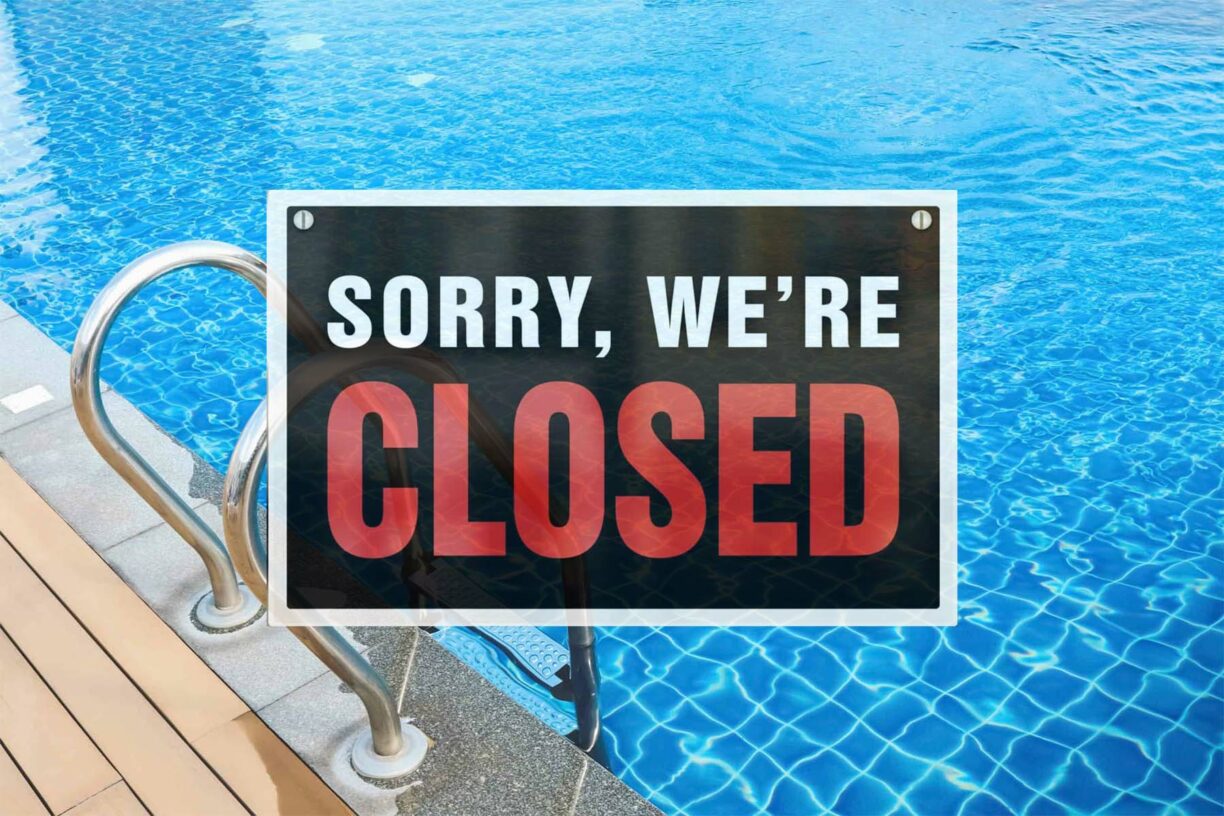The problem…
“For the past five years, I have lived with the knowledge that I am gay. It’s not that I’ve been in a relationship with anyone, so I suppose you’d say I haven’t ‘come out’ and I certainly haven’t told anyone. I’m terrified of anyone finding out because I’m convinced I would alienate my family as, in the culture they come from, it’s regarded as a sin. My father is particularly anti-homosexuality and I’m sure he would have a fit if he knew.
“It leaves me feeling like I’m walking a tightrope with a bottomless pit on either side waiting to swallow me up. I’m suffering from depression as a result of this, and people at work have started commenting that I look ill and are asking me what’s wrong.
“I know I need to talk to someone about this but don’t know who and, even if I do, how I cope with my family?”
Happy New Year to all our friends and supporters!
Remember if you need support today, our helpline is open from 2-8pm. As always, we’re here if you need us. pic.twitter.com/vYRu6tYzeH
— LGBT Foundation (@LGBTfdn) January 1, 2019
Fiona says…
“Living with this secret for the past few years must have been hell for you, but it is good that you’ve decided to talk with someone. It suggests to me that you’ve taken a big step already and that all you need to do now is unburden your feelings. That said, I understand this is a big step for you and that what you have to do isn’t easy.
“You don’t tell me whether or not you live at home with your parents, or whether you already have a place of your own. I say this first because I think it’s important that you tell another adult you trust before you tell your family. You need to know you have somewhere safe to turn if the worst happens and they reject you, which is particularly important if you are still living with them.
“The most important thing is that you are safe, so chose the time that you tell them carefully. By this, I mean not only the time of day – so you can get to somewhere safe – but also might it be best to wait, if you can, until you’ve moved out?
“Once you’ve chosen your moment, tell them the truth – don’t fudge the issue suggesting you have doubts or letting them think you might be bi-sexual (unless, you are). It’s better that they know the truth about you and begin to assimilate the fact.
“If they have been conditioned by their own upbringing to think of homosexuality as sinful then you will have to give them time. Don’t expect them to come to terms with this quickly – it may take them a while, and however they react initially may not be the way they feel after they’ve adjusted to the idea.
“Also, don’t forget there are millions of people all over the world who have faced this situation – you really are not alone and you will feel better for living your truth than living a lie.
“Support and advice is also available through organisations such as the LGBT Foundation (lgbt.foundation). There’s lots of info on their website, and they have a helpline you could call.
“If you are right about your parents, then they may try and make you feel bad about yourself, but please don’t. There is nothing wrong in loving who you love, and no one chooses their sexuality.
As we don’t choose our sexuality, nor do we choose our family and sometimes, to be true to who we are, we have to learn the hard lesson that not all families are good and loving.
“Who we can choose, though, are our friends – and you clearly have people you work with who care about you, as they are noticing that there is something wrong. Perhaps there is someone there you trust that you could start this process with – tell them you’re worried about coming out to your parents and could do with someone to talk to.
“Hopefully, you’ll have friends you can talk to that you can be open with but, if not, there is a whole community of people of all types of sexuality that will be open to you. Whether or not your family accepts your sexuality is really their problem, not yours. You are the same person you have always been and, if they can’t accept that, it will be their loss at the end of the day.”
:: If you have a problem you need help with, email Fiona by writing to help@askfiona.net for advice. All letters are treated in complete confidence and, to protect this privacy, Fiona is unable to pass on your messages to other readers. Fiona regrets that she cannot enter into personal correspondence.




